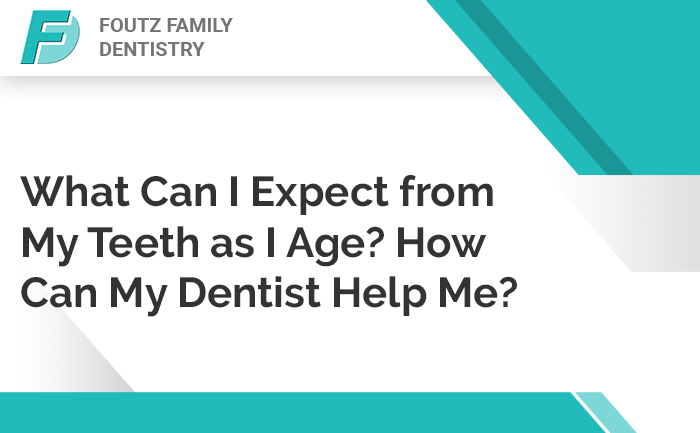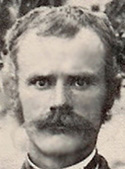
Every aspect of your health changes as you get older, and what goes on in your mouth is no exception to that rule. It’s natural that your teeth begin to change after years and decades of eating, drinking, and life in general. The kind of dental care you need will evolve alongside them, although some things will remain standard throughout your whole life.
What Happens to Teeth with Age?
The rate of tooth decay triples once you are past the age of 65. There are many reasons for this, but one of the major culprits is that decades of untreated or under-treated conditions cause mounting damage. Periodontal disease, and all the unfortunate things it brings with it like gum recession and jaw deterioration, may have been brewing for years in an aging mouth. This is a common cause of tooth loss in later years.
A common condition in older adults is xerostomia, also known as dry mouth. This underproduction of saliva can have profound and rapid effects on the mouth. Xerostomia increases the risk of gum disease and tooth decay and can cause difficulty eating and swallowing. It is frequently listed as a side effect of many medications, so it may not be possible to avoid. Luckily, it is possible to treat by drinking more water and finding other ways to prompt your mouth to create more saliva.
Rates of oral cancer also increase with age, becoming more common above the age of 45. Several things can further increase the risk of developing oral cancer, like smoking tobacco and HPV. As you get older, it’s important that you and your dentist monitor for signs of oral cancer.
Aging teeth may also appear less bright or more yellow than you’re used to. Stains build up over time from food, drinks, smoking, and other things. Teeth whitening is an option to combat that, but it’s important to discuss with your dentist what whitening methods may work for you. Some cause increased sensitivity to an already increasingly sensitive mouth.
What Can Your Dentist Do?
Routine dental care is important at any age, and it is particularly vital as you get older. Age comes with unique health concerns that will be best addressed by your dentist. Regular cleanings are still an important part of your overall dental health in order to combat concerns like gum disease and tooth decay. Getting older doesn’t have to mean giving up on your natural teeth, but they do require extra attention! If you do suffer from tooth loss, your dentist will be your biggest asset in your journey to replace your teeth.
Brushing and flossing at least twice a day is the cornerstone for healthy teeth throughout your life, but other needs may change as you get older. Make regular visits to your dentist to closely monitor the health of your teeth and mouth. It’s the biggest favor you can do for yourself!









